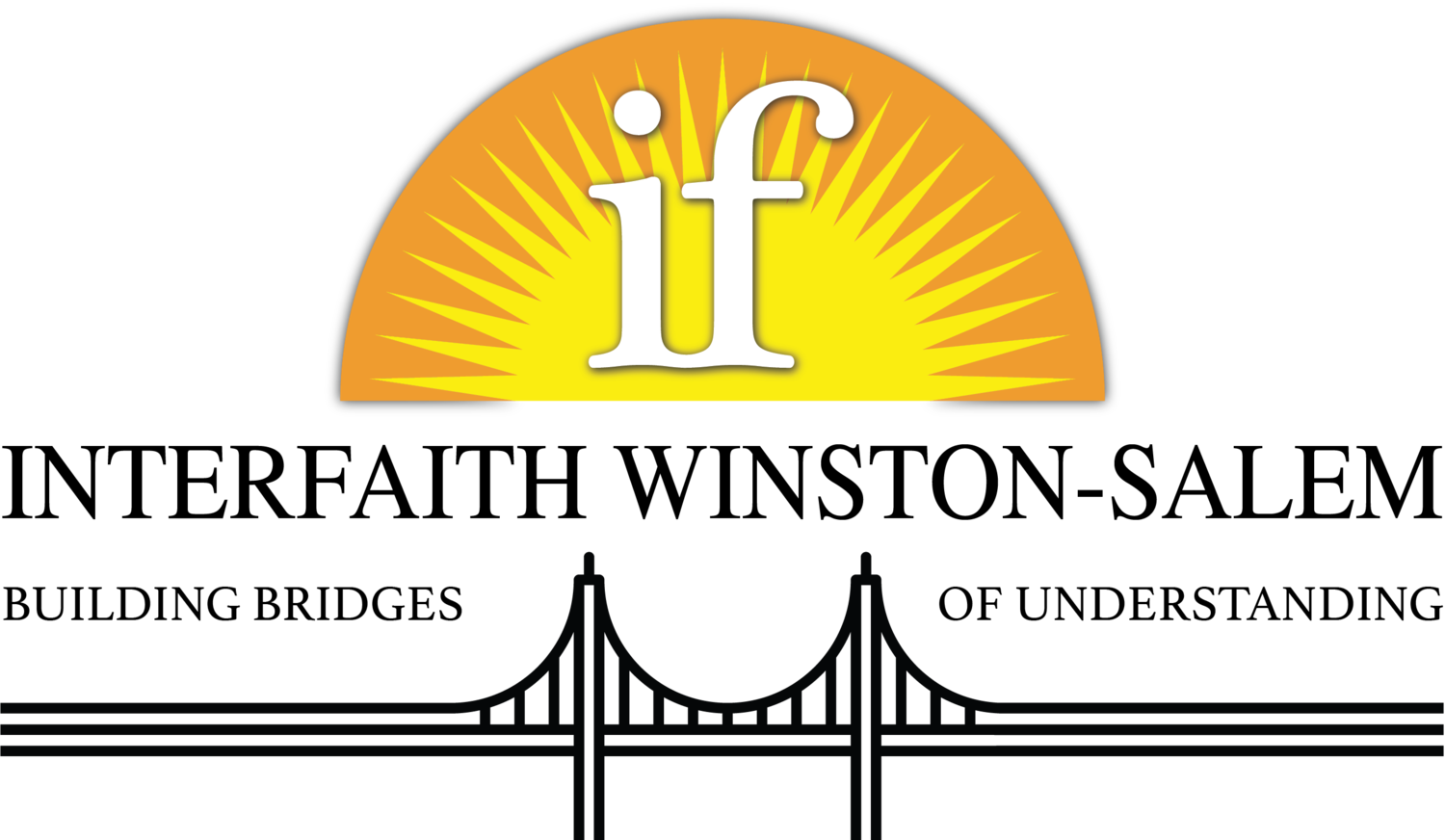Interfaith Winston-Salem Promotes a Thriving Triad
Richard J. Wyderski, MD is a native of Dayton, Ohio and a former member of the Board of Directors of the Dayton International Peace Museum, is a current member of Interfaith Winston-Salem’s Programs Committee. The opinions in this article are opinions of the author and may or may not represent the views of Interfaith Winston-Salem.
The Truth.
We all seek it every day. We shop for cars, phones, appliances, and groceries and try to wade through all the hype to find out which products are worthy of our dollars. We listen to news items on television, radio and the internet and try to decide if we are being told the whole story. We hear people running for government offices promising us that they will make our lives better, and wonder if it will really be so. There is so much contradictory and confusing information in our world, but we try to make sense of it all to live our lives the best way we can. We intuitively know at a deep level, though, that we can never understand everything. After all, we’re only human.
The most important truth of all is the One that our faiths help us know and understand. We know The Truth by different names. The cultures from which we come shape the way we think about The Truth and the customs we observe as we worship and pay homage. The people of Interfaith Winston-Salem believe that we all know The Truth in different ways and understand from different perspectives much as people standing far away from a prism may only perceive a beam of white light shining through it as a particular color. Our cultures and upbringing color the way we perceive The Truth. Yet even those of us with faith have disagreements, and because of them we divide ourselves into different religions and denominations as we try to come closer to The Truth.
Many of us were shocked and saddened by the recent display of violence in Orlando directed toward our brothers and sisters who are different than most in their sexual orientation or gender identity, and event that unfortunately is already fading from public awareness. The attack made us realize that much work is yet to be done, and that we cannot forget this tragedy and its implications for our country. We as volunteers of Interfaith Winston-Salem must work to educate the Triad not only about our differences so that we have a better understanding of each other, but also highlight our similarities to help us better support each other and bring us closer as a community. The massacre in Orlando reminds us of what our Muslim friends in Iraq and Syria are suffering at the hands of others who claim to know all there is to know about The Truth, and wish to force their beliefs upon others through terror and slaughter.
Some may wonder why this is important. Some have gone so far as to state that no Muslim should be trusted because of the few who are violent. Such thinking will not allow Winston-Salem and the Triad cities to be the best and most successful communities they can be. In the years and decades to come, our part of North Carolina will be growing, not only because there will be more people like us but also because people from around the world will seek us out to further their educations, develop their careers, and raise their families. We foresee the City of Arts and Innovation attracting not only the most talented people from North Carolina to join our community, but also the most talented people from around the world.
Three years ago the Winston-Salem City Council unanimously adopted the Charter for Compassion, a resolution that promises us that all of our people will be treated equally and equitably as we would wish to be treated ourselves. This commitment embarked us upon a transformational journey to become one of the premier cities of the world. Our arts community is second to none, the surrounding beauty of the landscape is breathtaking and Wake Forest University offers high quality education that is internationally recognized. These and others are marvelous foundations upon which to build to make such a transformation possible. We in Winston-Salem and the cities of the Triad must live up to our commitment to each be Compassionate Cities. We need to welcome people as they join our community and nurture their talents and their lives.
Quite frankly, the truth is we will never completely know The Truth, at least not within our lifetimes. After all, we’re only human. The truth is we will come closer if we all share our understanding with each other, accept each other’s differences, and realize our own imperfections. Everyone in our Triad and our world will be the better for it.

